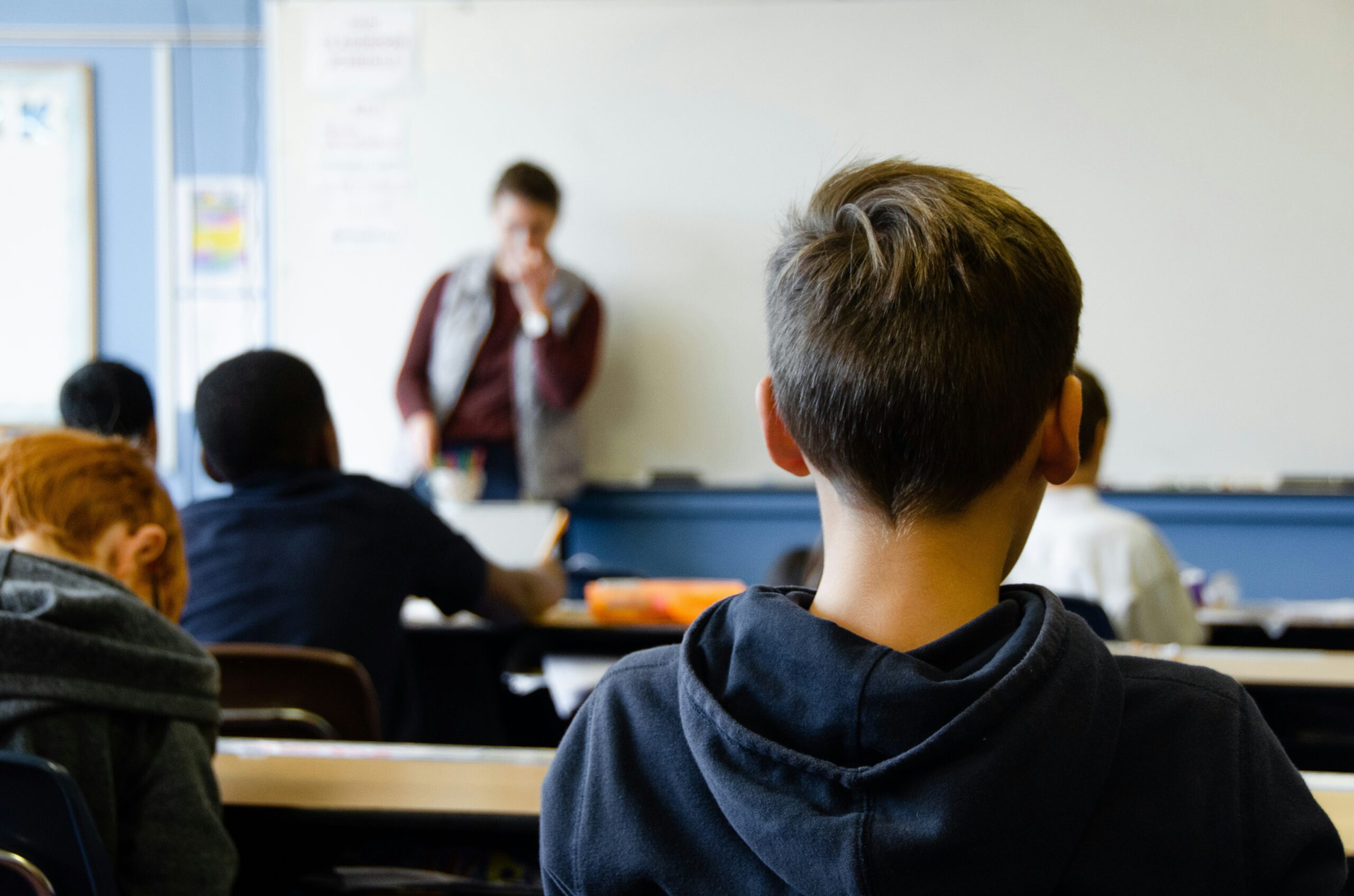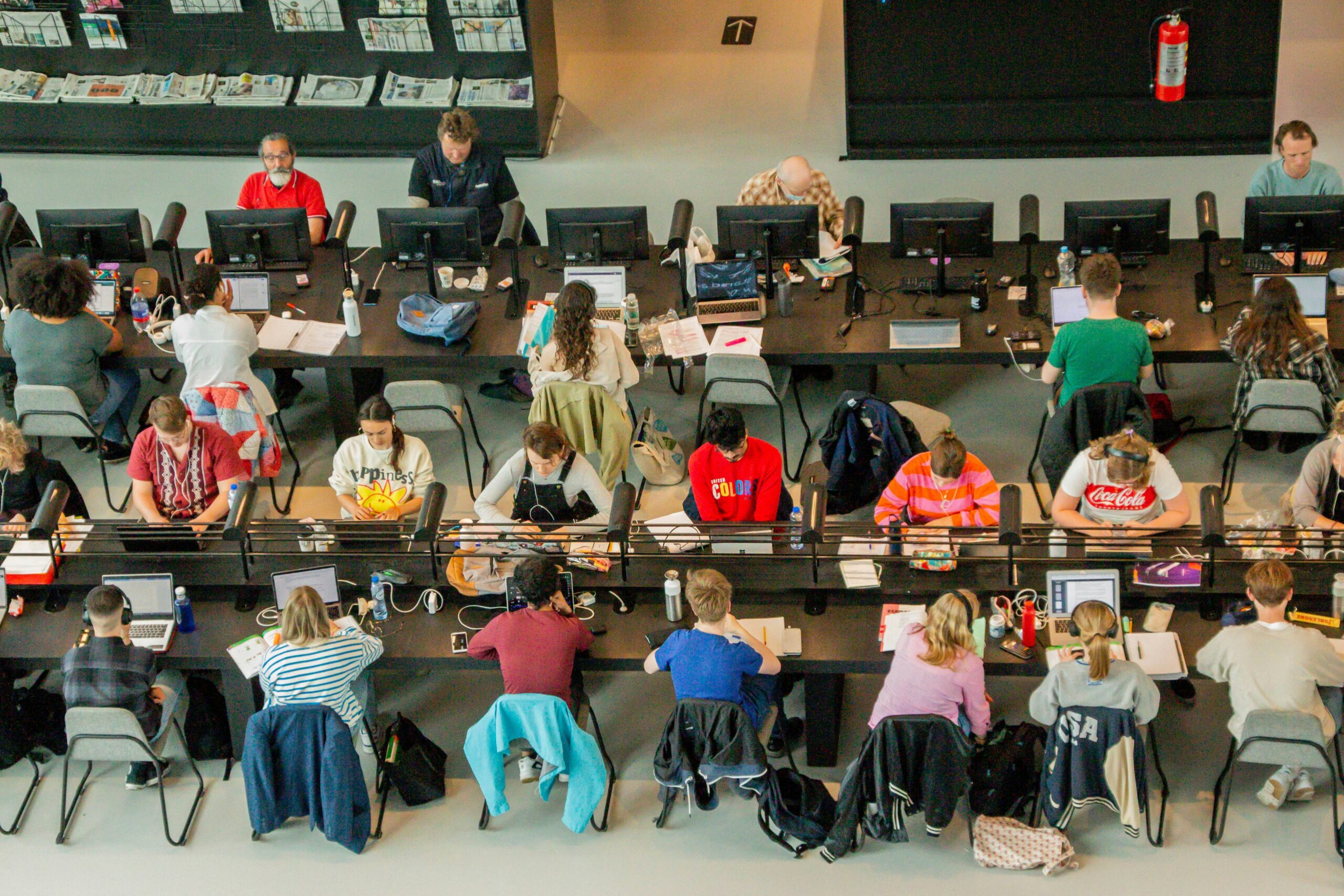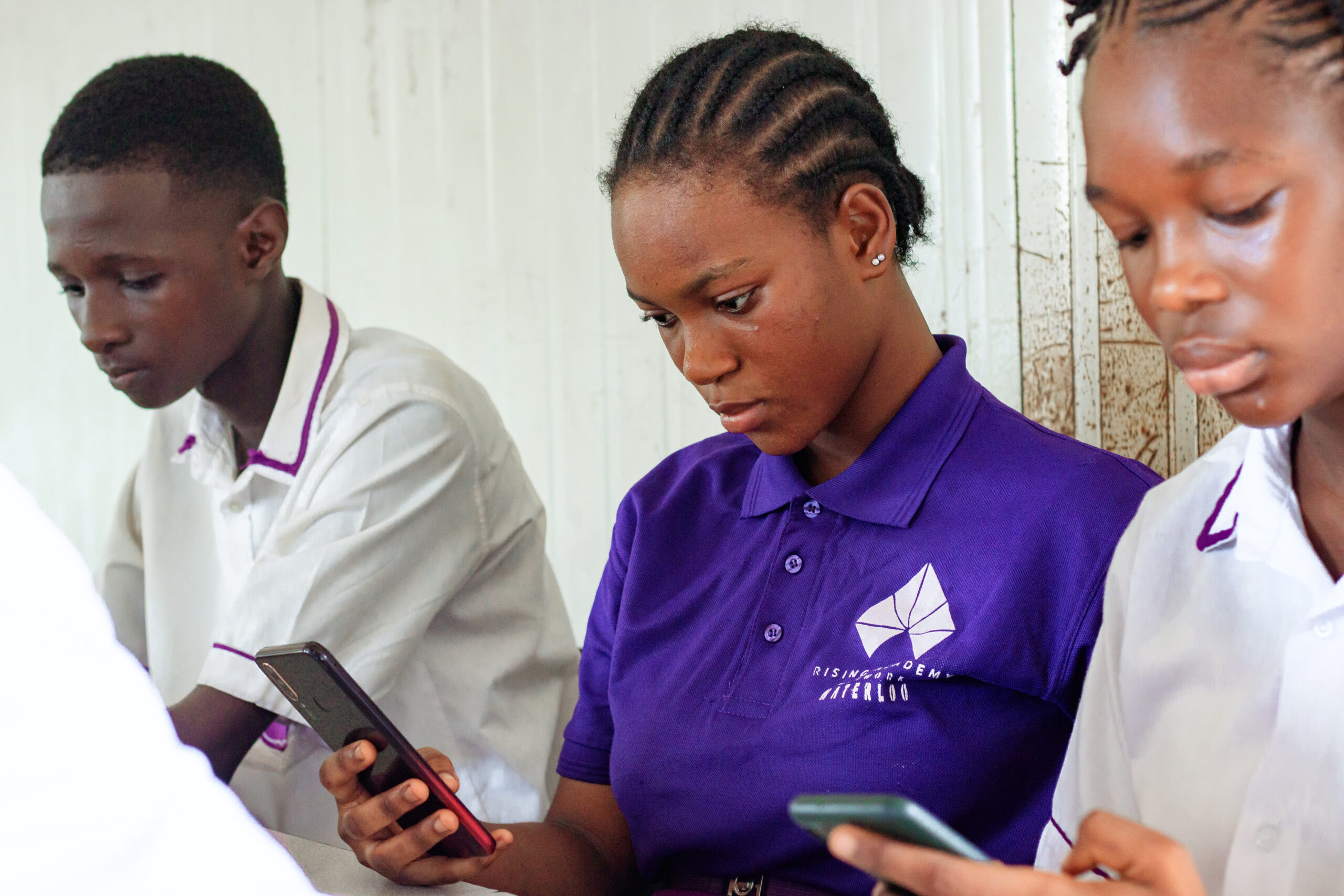AI Tutoring Can Safely And Effectively Support Students: An Exploratory RCT In UK Classrooms LearnLM Team, Google & Eedi One-to-one tutoring is widely considered the gold standard for personalized education, yet it remainsprohibitively expensive to scale. To evaluate whether generative AI might help expand access to thisresource, we conducted an exploratory randomized controlled trial (RCT) […]
A Study To Evaluate The Effectiveness Of Eedi On Raising Attainment In Mathematics At KS3 (Year 7)
A Study To Evaluate The Effectiveness Of Eedi On Raising Attainment In Mathematics At KS3 (Year 7) Executive Summary This report evaluates the impact of Eedi, a digital mathematics platform, on raising maths attainment among Key Stage 3 students (Year 7). Eedi is an innovative EdTech platform offering over 60,000 diagnostic maths questions and engaging […]
Designing Safe And Relevant Generative Chats For Math Learning In Intelligent Tutoring Systems
Designing Safe And Relevant Generative Chats For Math Learning In Intelligent Tutoring Systems Abstract Large language models (LLMs) are flexible, personalizable, and available, which makes their use within Intelligent Tutoring Systems (ITSs) appealing. However, their flexibility creates risks: inaccuracies, harmful content, and non-curricular material. Ethically deploying LLM-backed ITSs requires designing safeguards that ensure positive experiences […]
Improving Hybrid Human-AI Tutoring By Differentiating The Human Tutor’s Role Based On Student Need
Improving Hybrid Human-AI Tutoring By Differentiating The Human Tutor’s Role Based On Student Need Hybrid human-AI tutoring research highlights the promise of scaling personalized learning by combining adaptive AI tutor support with personalized instructional and motivational guidance from human tutors. However, emerging evidence suggests that human-AI tutoring is more beneficial for lower-performing students than higher-performing […]
Improving The Validity Of Automatically Generated Feedback Via Reinforcement Learning
Improving The Validity Of Automatically Generated Feedback Via Reinforcement Learning Abstract Automatically generating feedback via large language models (LLMs) in intelligent tutoring systems and online learning platforms has the potential to improve the learning outcomes of many students. However, both feedback generation and evaluation are challenging: feedback content has to be valid especially in subjects […]
Students’ Perceived Roles, Opportunities, And Challenges Of A Generative AI-Powered Teachable Agent: A Case Of Middle School Math Class
Students’ Perceived Roles, Opportunities, And Challenges Of A Generative AI-powered Teachable Agent: A Case Of Middle School Math Class Abstract Ongoing advancements in Generative AI (GenAI) have boosted the potential of applying long-standing “learning-by-teaching” practices in the form of a teachable agent (TA). Despite the recognized roles and opportunities of TAs, less is known about […]
Effective And Scalable Math Support: Experimental Evidence On The Impact Of An AI- Math Tutor In Ghana
Effective And Scalable Math Support: Experimental Evidence On The Impact Of An AI- Math Tutor In Ghana Abstract This study is a preliminary evaluation of the impact of receiving extra math instruction provided by Rori, an AI-powered math tutor accessible via WhatsApp, on the math performance of approximately 500 students in Ghana. Students assigned to […]
Math Multiple Choice Question Generation Via Human-Large Language Model Collaboration
Math Multiple Choice Question Generation Via Human-Large Language Model Collaboration Abstract Multiple choice questions (MCQs) are a popular method for evaluating students’ knowledge due to their efficiency in administration and grading. Crafting high-quality math MCQs is a labor-intensive process that requires educators to formulate precise stems and plausible distractors. Recent advances in large language models […]
The Neglected 15%: Positive Effects Of Hybrid Human-AI Tutoring Among Students With Disabilities
The Neglected 15%: Positive Effects Of Hybrid Human-AI Tutoring Among Students With Disabilities Abstract Incorporating human tutoring with AI holds promise for supporting diverse math learners. In the U.S., approximately 15% of students receive special education services, with limited previous research within AIED on the impact of AI-assisted learning among students with disabilities. Previous work […]
Analyzing Student Attention And Acceptance Of Conversational AI For Math Learning: Insights From A Randomized Controlled Trial
Analyzing Student Attention And Acceptance of Conversational AI For Math Learning: Insights From A Randomized Controlled Trial Abstract The significance of nurturing a deep conceptual understanding in math learning cannot be overstated. Grounded in the pedagogical strategies of induction, concretization, and exemplification (ICE), we designed and developed a conversational AI using both ruleand generation-based techniques […]










